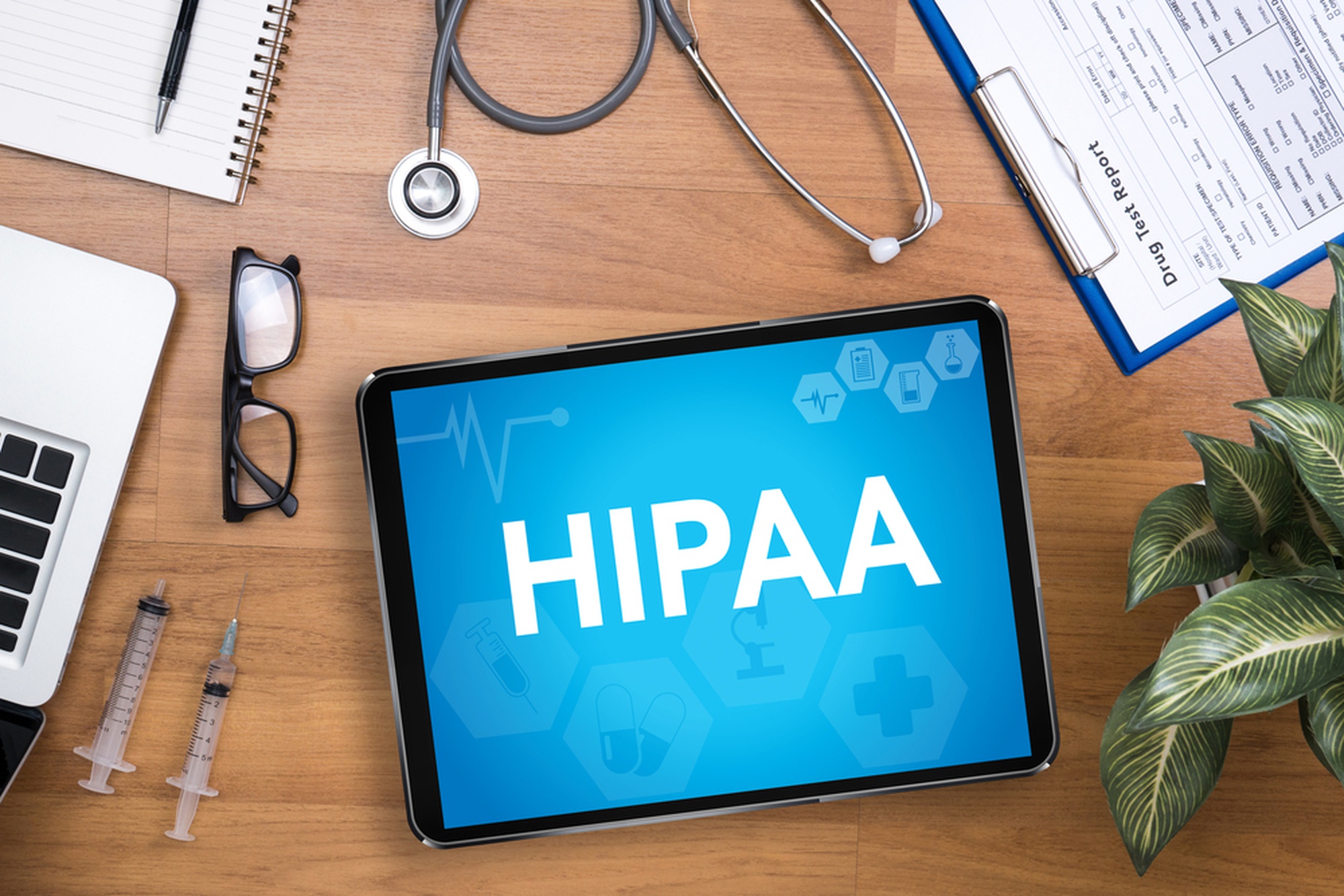If you’re a health care provider being in compliance with HIPAA rules is an essential part of the daily operation. This law gives individuals with increased security and privacy while giving patients more control. With technology evolving in rapid speed it is essential to ensure that the new system you choose to use is in compliance with the rules set forth by HIPAA.

HIPAA compliance can be a tangled process especially for businesses who are still trying to understand what HIPAA is and how it affects the business. Health care organizations as well as those working in the insurance industry for health care must make sure they are meeting the rules of HIPAA, even if they feel like they don’t understand the concept. It is crucial to thoroughly go through the rules and make sure that the procedures are in place to ensure compliance. Although it can seem difficult, compliance with the law is essential. Being compliant will provide greater service and security of information privacy and could result in penalties prevented. Being aware of the HIPAA regulations and taking the appropriate steps can help companies to ensure they’re following the guidelines required by law.
While HIPAA’s regulations are arguably stringent, the focus on proper privacy and security measures is on protecting one of our most valuable belongings: information. To stop any unauthorised or unnecessary divulging of private patient information and data, more safeguards are required as the healthcare industry has shifted to electronic mediums such as Electronic Medical Records (EMR). While guidelines have been formulated to protect people, they must still be adhered to and applied. Because of this, HIPAA continues to be vigilant about these matters to better ensure one’s safety and security.
HIPAA provides a major security measure to those working in medical fields and the patients whose medical records are kept. It grants covered entities as well as business associates (BAs) the flexibility of deciding whether to employ an addressable execution standard. The decision will be influenced by a variety of factors, including the risk analysis as well as mitigation strategies, current security measures, as well as the cost of implementation. When making this decision, CEs and BAs may take into account alternatives that will meet their objectives or avoid the entire process if they feel it is appropriate given their conditions. HIPAA helps them make informed decisions about security and protection, as well as to find a balance between technological safeguards and the control of users.
HIPAA compliance offers significant benefits for many businesses. Businesses can ensure the confidentiality and security of health-related information of their customers, patients and clients by adhering to the rules of the Health Insurance Portability and Accountability Act. Compliance also ensures that individuals’ medical data is used only to benefit them and the benefit of their health care providers. HIPAA compliance grants individuals the freedom to make informed decisions regarding how their private health data is used and controlled. This gives them confidence that no one else will be able to use or modify their information without their consent. HIPAA compliance allows organizations to avoid the risk of a bad reputation by preventing financial or legal ramifications from mistakes in handling patient data. HIPAA compliance ensures that patients are provided with a pleasant experience and better protection of their personal medical records.
In conclusion this is just one of the many things to think about when it comes to HIPAA compliance. The best method to ensure that you are compliant is to have a clear knowledge of the law and talk to an expert who can help you determine its meaning and implement the necessary systems and processes in place. Although it can seem difficult to enforce compliance, it is crucial for protecting your patient’s rights as keeping confidentiality.
For more information, click hitech subtitles